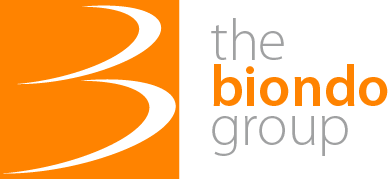MIT Technology Review: New Foam Batteries Promise Fast Charging, Higher Capacity
While reading this article in MIT Technology Review, we had to stop and wonder what product packaging new think technologies are in the pipeline, coming to market. Foam batteries; functional hover boards, what’s next?
It appears that Green initiatives drive many of the innovations in packaging substrates these days.
But there have been glimpses of the possibilities when we start applying modern technologies to food packaging. Aseptic packaging for perishable and easily spoiled goods such as milk is no longer novel, but when introduced in the late 1940’s, it was a game changer in many regards. No longer did highly perishable goods need to be consumed right after manufacture. This allowed a new degree of flexibility in terms of manufacture, distribution, purchase and usage.
Tetra Pak – comes to market
In 1951, Ruben Rausing, a Swede, conceived the concept for holding milk in a paperboard composite container. The original design had a tetrahedral shape and was called a Tetra Pak.
The Tetra Pak technology was used to package aseptic food goods, and a new industry was born. The box-shaped package that is widely available is a laminate comprised of up to six layers, using three materials: paperboard 70% polyethylene 24%, and aluminum 6 %.
And lets not forget, we have technology in the Military, MRE’s, the military’s hi-tech, modern version of ”rations”.
MRE’s – the military solution
MRE pouches are manufactured with high-tech features such as Linear Tear Film Technology. This specific materials technology ensures that pouches tear open clean and easy every time. These technologies make it easier for a soldier to tear open, and eat straight from the package.
Military MREs have another innovation; they come with a flameless heater, which uses oxidation to generate heat. A flameless heater is made by mixing magnesium dust, salt and iron dust in a thin, small, flexible pouch (playing card size).
To activate the heater, the soldier adds water. Quickly the heater reaches the boiling point. To heat the meal, the soldier inserts the heater and the MRE pouch back in the outer box. Ten minutes later, the meal is ready.
So, what’s coming up? What new wonders are in the “materials & substrate” development pipeline? We know that new solutions for packages and disposable wares are needed. What will they be?
Dusting off our Crystal Ball
We see safe and compliant materials. We envision they will be bio-based, made of renewable and recyclable materials In some instances, we bet that new nanotechnology-based materials,(nanocellulose films) will begin utilizing printed electronics.
There is no stopping change. We see new things coming down the pike in terms of materials and substrates and functionality. Packaging is no longer relegated to simply holding and displaying the product for selection at Point-of-Sale.
-sb
Brand Identity, branding, consumer product marketing,containers, design, packaged goods marketing, packaging, packaging design, point-of-sale, POS, artwork, production, strategy, supermarket shelf, The Biondo Group, HBA, food packaging, line extension

